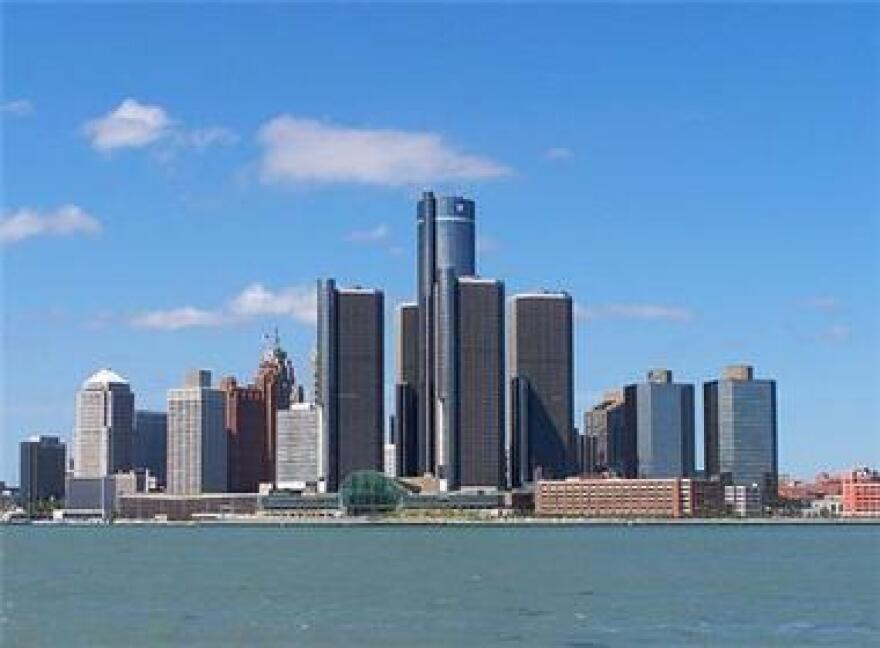It appears that officials might be laying the groundwork for a so-called “managed bankruptcy” in Detroit—though it’s something they hope won’t actually happen.
A process for going through Chapter 9 municipal bankruptcy is laid out in the state’s new emergency manager law that kicks in next month. And it could happen even if Governor Snyder appoints an emergency manager for Detroit.
Both state and city officials used to say that bankruptcy was completely off the table for Detroit.
But the governor now acknowledges that bankruptcy might be the only way to cut down on Detroit’s long-term debt—estimated at more than $14 billion.
Snyder told reporters last week he’s hopeful just the threat of a bankruptcy can be used to motivate Detroit’s creditors to take a haircut—allowing the city to dump much of its debt without ever setting foot in bankruptcy court.
“To deal with that long-term liability issue doesn’t require a Chapter 9,” Snyder said. “But a Chapter 9 quite often would be one of the tools that would motivate people to come to the table to do it outside of Chapter 9.”
“Managed” bankruptcies are rare, says Eric Scorsone, a Michigan State University economist and municipal finance expert. The idea is that you work out a lot of stuff before you go into bankruptcy, making the eventual process cheaper and quicker.
“You get certain creditors to agree upfront to certain adjustments, and then essentially you then use that agreement to go to the judge,” said Scorsone. “And if the other creditors are not willing to agree, then the judge can do what is called a 'cramdown' or forced adjustment on the other creditors.”
Detroit officials, at the state’s behest, have contracted with some restructuring firms to aid the city’s turnaround effort. Scorsone said if managed bankruptcy is an option, those firms are likely working out the details already.
“If you’re going to actually think about doing a bankruptcy, there’s a lot of planning involved,” he said. “I think the restructuring firms that are involved have worked through that kind of thing.”
But, Scorsone added, municipal bankruptcies are very different from corporate and personal bankruptcies. There would be a lot more constraints on a Detroit bankruptcy than there were on similar corporate ones—like GM or Chrysler’s, for example.
There’s also the issue of who would foot the bill for any bankruptcy proceedings. In the Detroit automakers’ case, it was the federal government through the U.S. Treasury. In the case of a municipal bankruptcy, the state might end up having to provide so-called “debtor in possession financing”—another reason state officials want to avoid pulling the trigger unless absolutely necessary.
“Certainly it’s going to take lots of money-- probably hundreds of millions,” said Scorsone of a potential Detroit bankruptcy.
The only city that’s even gone through anything like a managed municipal bankruptcy is Central Falls, Rhode Island. It got through the process in just a little over a year. There, the city worked out a debt adjustment plan that aimed to pay off bondholders by cutting employees, pensions and raising taxes.
Pensions are protected by Michigan’s state constitution, so they wouldn’t be on the table for cuts in the case of a Detroit bankruptcy—though healthcare and other retiree benefits almost certainly will be.





